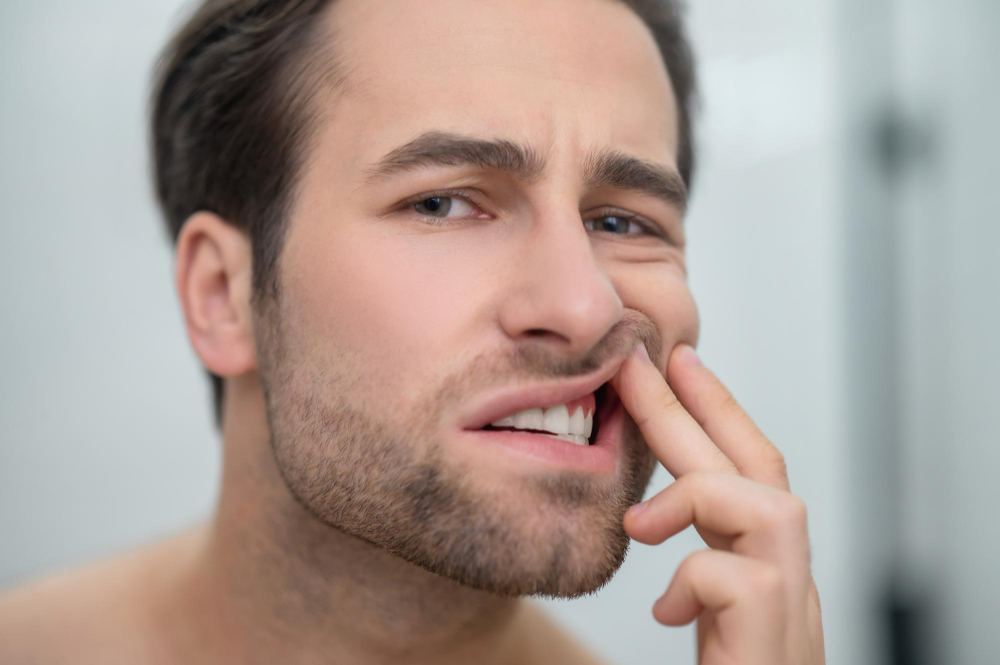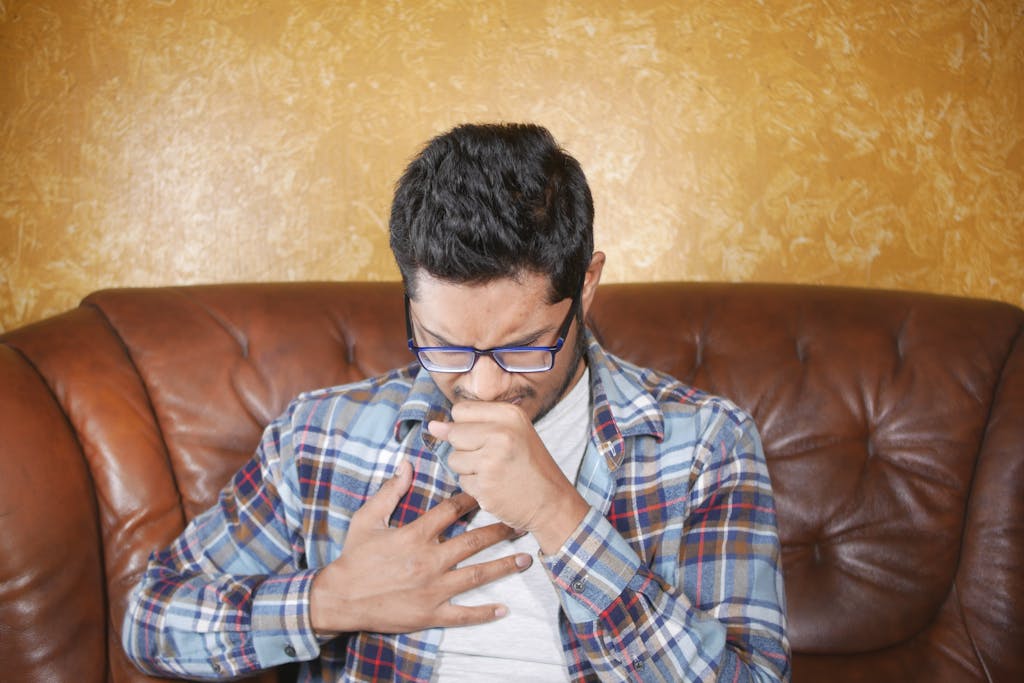- Smoking significantly increases the risk of oral health issues, including bad breath, tooth discoloration, and gum disease.
- Regular dental care and quitting smoking are key to preventing and mitigating oral health problems.
- Tooth loss and decreased taste sensation are notable consequences of smoking, impacting quality of life and health.
- Smoking elevates the risk of oral cancer, highlighting the importance of cessation and regular medical screenings.
Smoking is a habit that can have detrimental effects on your overall health, including your oral health. From bad breath to tooth loss, smokers are at a higher risk for a variety of oral issues. This blog will discuss common oral issues that smokers may face and provide some solutions to help combat these problems. Whether you are a smoker yourself or know someone who is, this information can be valuable in understanding the impact smoking has on oral health.
Bad Breath
One of the most common oral issues faced by smokers is bad breath. The chemicals in cigarettes can leave a lingering odor in the mouth that is difficult to mask with mints or gum. To combat bad breath caused by smoking, it is important to practice good oral hygiene. This includes brushing your teeth at least twice daily, flossing regularly, and using mouthwash. Additionally, staying hydrated can help wash away bacteria and reduce bad breath.
Tooth Discoloration
Smoking can also lead to tooth discoloration over time. The tar and nicotine in cigarettes can stain the enamel of your teeth, leaving them yellow or brown in color. To address tooth discoloration caused by smoking, consider professional teeth whitening treatments from your dentist. You can also try at-home whitening kits or toothpaste designed to remove stains.
Gum Disease

Smoking is a major risk factor for gum disease, which can lead to swollen gums and even bleeding if left untreated. To prevent gum disease as a smoker, it is crucial to maintain regular dental check-ups and cleanings. Your dentist may recommend deep cleaning procedures or antibiotics to combat gum disease. In addition, quitting smoking can greatly reduce your risk of developing gum disease.
Decreased Sense of Taste
Smoking can dull your sense of taste and smell over time, making food less enjoyable. To combat this issue, try quitting smoking or reducing your tobacco use. Over time, your sense of taste may improve as your body begins to heal from the damage caused by smoking.
Tooth Loss
Smoking is a major risk factor for tooth loss, as it can weaken the structures that support your teeth. If you are a smoker, it is important to be diligent about oral hygiene and get regular check-ups with your dentist to catch any potential issues early on.
Quitting smoking can also greatly reduce your risk of tooth loss. You should also consider getting tooth implants to replace any missing teeth, if necessary. These implants are placed directly into the jawbone and can help support your remaining teeth and prevent further tooth loss.
Oral Cancer
Perhaps the most serious oral issue associated with smoking is the increased risk of developing oral cancer. Smokers are more likely to develop cancer in the mouth, throat, or esophagus compared to non-smokers.
To reduce your risk of oral cancer as a smoker, it is imperative to quit smoking altogether and undergo regular screenings with your dentist or doctor. If you’re already diagnosed with oral cancer, here are four important steps to take:
Consult With Your Doctor About a Treatment Plan
Consult with your doctor about the best treatment plan for you. This could include surgery, radiation therapy, or chemotherapy. Additionally, carefully follow any medication or treatment recommendations given by your doctor.
Stay Hydrated and Maintain a Nutritious Diet
Maintaining adequate hydration and proper nutrition is essential for fighting cancer and keeping your body strong during treatment. Be sure to drink plenty of water and eat a well-balanced diet filled with fruits, vegetables, lean proteins, and whole grains.
Quit Smoking Immediately
If you haven’t already, quitting smoking is a critical step in managing and potentially overcoming oral cancer. Smoking can interfere with treatment and increase the risk of complications. Your doctor may also be able to provide resources or refer you to programs designed to help smokers quit.
Find Support
Coping with a cancer diagnosis can be difficult both physically and emotionally. It’s important to find a support system during this time, whether it be through friends and family or joining a support group for cancer patients. Don’t hesitate to ask for help or seek counseling if needed.
Oral cancer can be a frightening diagnosis, but taking these steps and working closely with your doctor can greatly improve your chances of successful treatment and recovery.
Smoking presents numerous risks to oral health, manifesting in various issues ranging from bad breath and tooth discoloration to more severe conditions like gum disease, tooth loss, and even oral cancer. The chemicals in cigarettes significantly compromise not only the aesthetics of one’s smile but also the structural integrity and overall health of the mouth.
However, it’s not all doom and gloom. With the right preventative measures, such as maintaining excellent oral hygiene, regular dental check-ups, and, most importantly, quitting smoking, individuals can dramatically mitigate these risks and improve their oral health.


